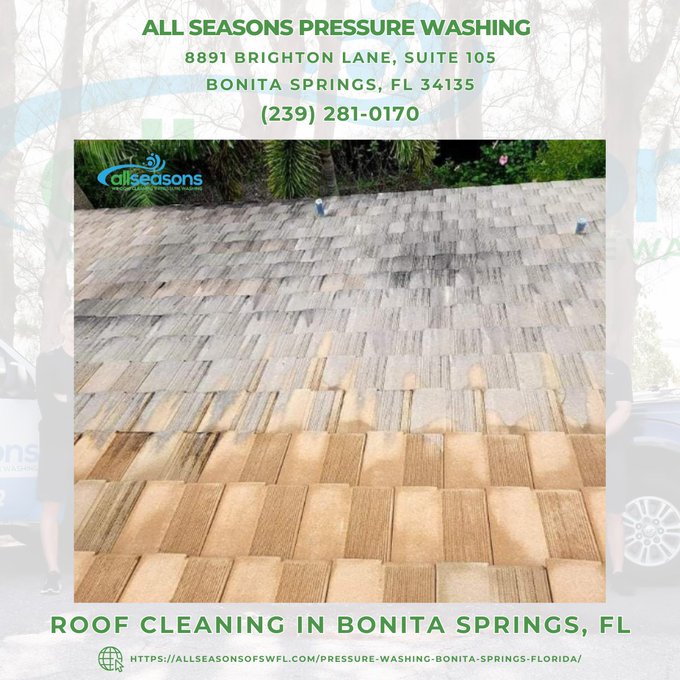Cape Coral, a city located in Lee County, Florida, often stirs up an intriguing debate: Is it urban or does it align more with the charm of a small town? With its extensive network of canals, vibrant community life, and growing economy, Cape Coral presents a unique blend that captivates residents and visitors alike. This article dives deep into the multifaceted nature of Cape Coral, exploring what makes it special, its cost of living, safety, recreational opportunities, and much more.
Urban or Small Town: What Type of City is Cape Coral?
When you think of Cape Coral, what comes to mind? Perhaps it's the beautiful waterfront properties or the lush landscapes that make this city feel like a slice of paradise. However, beneath the surface lies a rich tapestry woven from urban amenities and small-town warmth.
Understanding Cape Coral's Identity
Cape Coral has undergone significant transformation since its inception in the mid-20th century. Originally designed as a planned community, it has evolved into one of the largest cities in Florida by area. The city boasts over 400 miles of navigable waterways, making it an ideal spot for boating enthusiasts and those who appreciate aquatic leisure activities.
Population Demographics
As of the latest census data, Cape Coral's population hovers around 200,000 residents. This rapid growth has brought about diverse demographics—drawing individuals from all walks of life seeking both urban convenience and small-town camaraderie.
Urban Features That Stand Out
- Commercial Areas: Cape Coral features several shopping centers and local businesses that cater to residents' needs without requiring long drives to larger cities. Public Transportation: While many areas remain car-dependent, there are emerging public transportation options enhancing accessibility. Cultural Institutions: From art galleries to theaters and community events, Cape Coral offers cultural experiences characteristic of larger urban environments.
Small Town Charm
Despite its growth trajectory toward urbanization, Cape Coral retains aspects reminiscent of small-town living:
- Community Engagement: Local festivals and farmer's markets regularly bring residents together. Safety and Security: Many residents appreciate the low crime rates in comparison to larger metropolitan areas. Friendly Atmosphere: Neighbors tend to know each other by name—a touchstone for many who have settled here.
Conclusion on Urban vs. Small Town Identity
In conclusion, Cape Coral embodies characteristics from both realms. It offers urban conveniences while embracing the close-knit communities typically found in small towns. This duality is what makes Cape Coral truly unique.
What is Cape Coral Best Known For?
Cape Coral is best known for its exceptional waterfront lifestyle. With canals crisscrossing throughout the city—more than any other city in the U.S.—residents enjoy direct access to fishing spots and roof cleaning tips boating activities right at their back doorsteps.
Recreational Opportunities Abound
The city's waterways serve as playgrounds for kayaking and paddleboarding enthusiasts. As such activities gain popularity among locals and tourists alike, they contribute significantly to what defines sporting culture here.
Key Attractions:
Sun Splash Family Waterpark: A popular destination for families looking for fun. Four Freedoms Park: Offers beautiful views along with peaceful walking paths. Rotary Park Environmental Center: A natural oasis featuring trails and educational programs.What is the Best Month to Visit Cape Coral?
When planning a visit to this sunny locale, timing can make all the difference!
Ideal Weather Patterns
The best month to visit Cape Coral is generally between late January through April when temperatures range between 70°F (21°C) to 85°F (29°C). These months boast pleasant weather with minimal rainfall—ideal for outdoor activities!
Avoiding Hurricane Season
It's wise to avoid planning trips during June through November because hurricane season can disrupt travel plans in Florida.
Is Cape Coral Florida Expensive?
Cost considerations are essential when evaluating any potential move or vacation spot.
Cost of Living Overview
Compared to other parts of Florida—especially coastal cities like Miami—the overall cost of living in Cape Coral tends to be lower:
- Housing prices are relatively affordable. Grocery costs align closely with national averages.
Housing Market Insights
According to recent data:
- Average home prices hover around $350k—much lower than nearby Fort Myers or Naples.
Is Cape Coral a Walkable City?
While some areas possess walkability features…
…Most Residents Rely on Cars
Due primarily to suburban sprawl:
- Walking distances between residential neighborhoods and commercial hubs can be lengthy.
However:
- Emerging developments are beginning to incorporate walkable designs more frequently.
What Is the Nicest Part of Cape Coral?
Identifying ‘nicest’ can vary based on individual preferences; however:
Popular Neighborhoods Include:
Pelican: Known for upscale homes along navigable canals. Cape Harbour: A vibrant community with shops and dining options bordering stunning waterfront views. Sandoval: Recognized for family-friendly amenities including parks & trails!FAQs About Living in Cape Coral
1. Why Do People Like Cape Coral?
People are drawn by its scenic beauty and strong sense of community alongside affordable living conditions compared with other Floridian locales.
2. Is Cape Coral Worth Going To?
Absolutely! If you enjoy water sports or just want tranquility away from bustling crowds—this place fits right into your travel plans!
3. Can You Swim In Cape Coral?
Yes! Many public pools exist along with local beaches where swimming is both popular & safe during appropriate seasons.
4. What Makes Cape Coral Special?
Its extensive canal system sets it apart—not only facilitating water-based recreation but also providing picturesque views throughout neighborhoods!
5. How Far Is It From Disney?
Cape Coral sits roughly two hours southwest from Walt Disney World Resort via I-75; an easy day trip if desired!
6. Is It Safe To Shower In The Water?
Local water treatment systems ensure potable water quality; hence showering poses no risks!
Conclusion
In summation, understanding whether "Urban or Small Town: What Type of City is Cape Coral?" ultimately depends on personal perspectives regarding community dynamics versus available amenities offered within this dynamic locale!
With its rich blend of natural beauty coupled with modern conveniences—it’s no wonder why folks are flocking here—and why visitors keep returning! Whether you're looking into relocating or simply visiting—Cape coral provides an inviting atmosphere worth experiencing firsthand!
